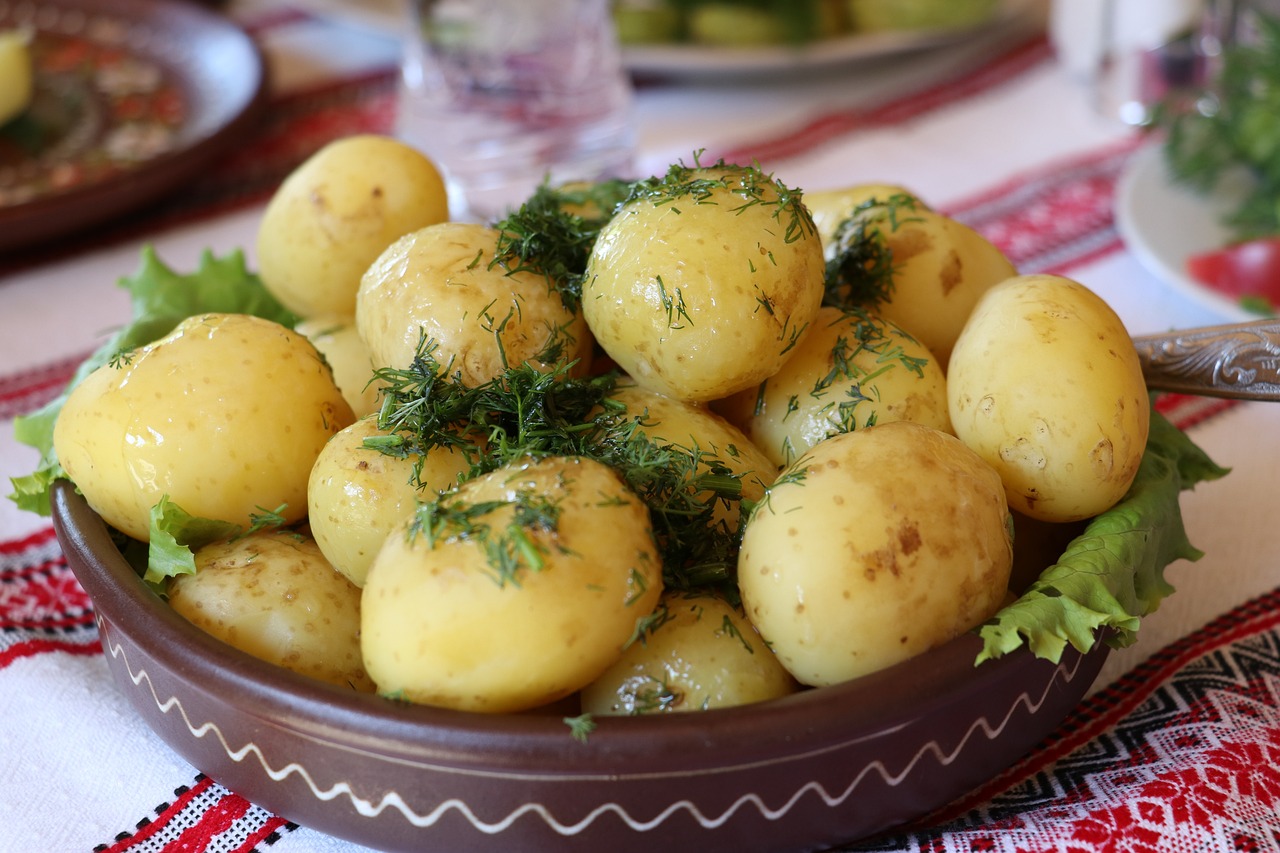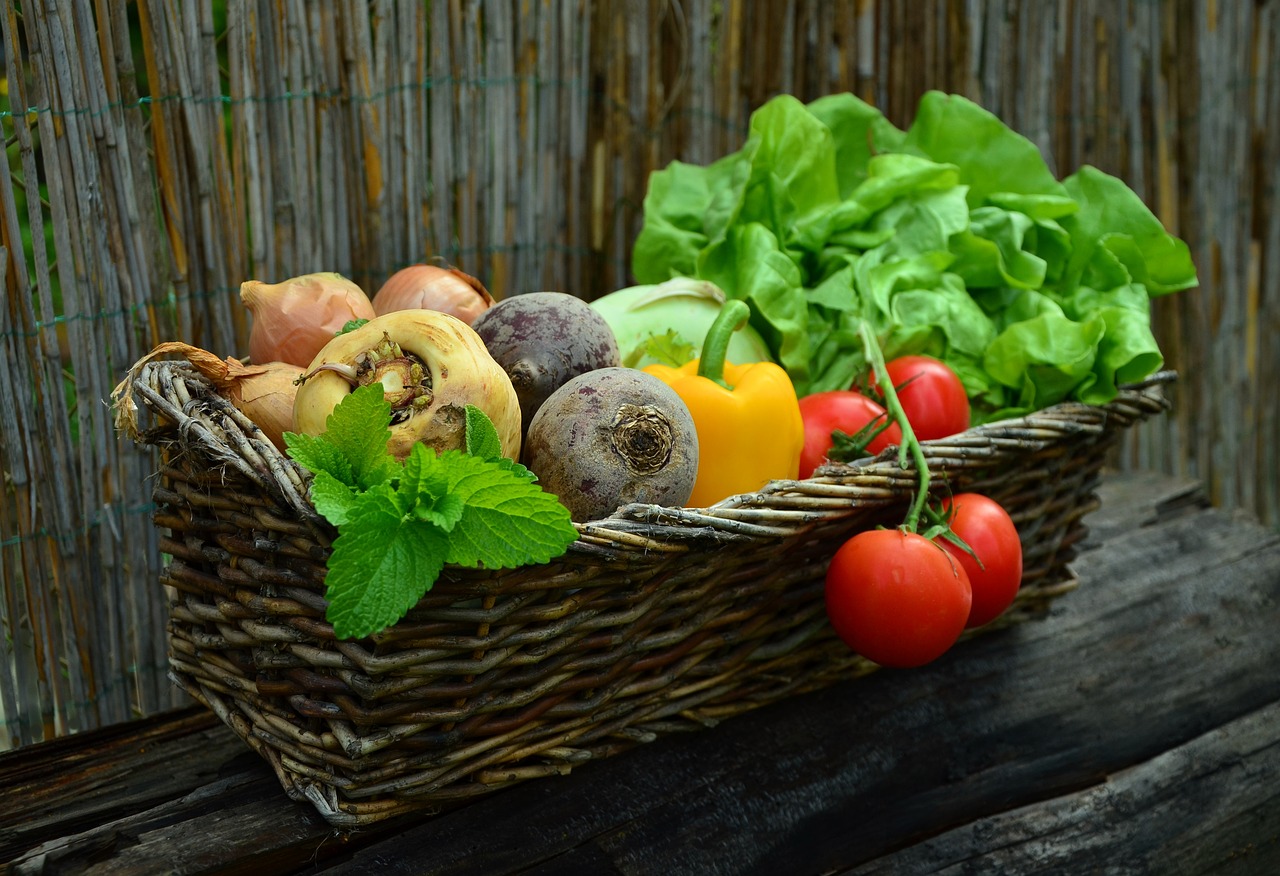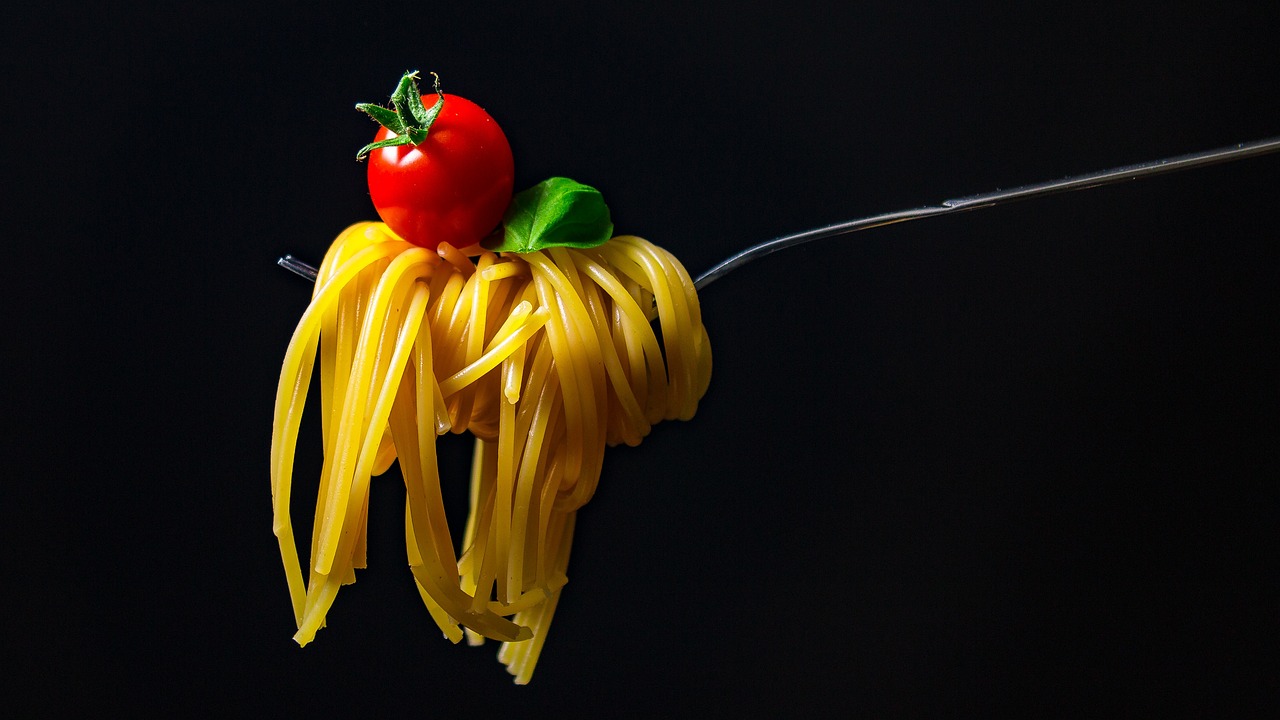Caroline Livesey, Xhale Coach

Nutrition plan?
I often have athletes ask me for detailed nutritional plans and advice. Or they worry that they are not making the most of their training because of poor nutrition. I am not a nutritionist, so I definitely can’t do individualised nutrition plans which are specific to the athlete, their body type, age, metabolism, training load and life’s logistical limitations. That is something that I will leave to experts with many years of education and experience.
However, I have a firm belief that for the majority of people there are some simple tips which will get you on the right track to getting enough essential nutrients to fuel your training. In my 15 years of coaching I have rarely come across an amateur athlete (and many pros to be honest!) who cannot benefit from these tips. Keep it simple. Many people overly worry about their nutrition in a world where we are constantly fed ideals of what we should look like, and what we should be eating. Most of the time if you are training for endurance sports it is hard to eat enough of the macros to fuel it all, especially on top of a busy life outside of sport. Restrictive eating / dieting while trying to train more than 12 hours a week and deal with work and life around it is unlikely to be productive.
So here are some tips to help you make good choices and get the most out of your training.
1. Be organised
Whether you train hard or not – one of the golden rules of good nutrition is to be organised. If you have planned your food for the day you will not be as tempted to eat all the cakes/muffins/sweets/chocolate/biscuits that someone just happened to bring into work (any excuse!). Make extra food and freeze it for those “need to eat now” scenarios when you are late home from the gym. Always plan lunch for the next day when you are making dinner. Either make too much and take the leftovers for lunch – or make yourself tomorrow’s lunch while you are waiting for dinner to cook. I also like to have healthy snacks with me at all times – homemade energy bars are the business and help you stay away from that biscuit grab when there is nothing else. Just have a Google, there are millions of great recipes online and they rarely take long and sometimes don’t even need cooking. I am not saying don’t eat cake – but see Rule 3.
2. Don’t change everything at once.
If you know that your diet needs an overhaul don’t be too ambitious. Change one thing at a time and make it a habit. If you don’t eat breakfast for example – make eating it a habit first before you try to change the other parts of your day’s nutrition. It only takes a couple of weeks for something to feel normal. Breakfast is so important and eating something sustaining like porridge is an excellent way to prevent the afternoon dip/binge. For most people having a set routine to their eating habits really helps and stops you having to think too much when you are busy. Consistency with your nutrition will enable consistency with your training.
3. Fuel for the work
This might be a phrase you have heard before, but it basically means that timing is important when it comes to fuelling your workouts. Think about your pre and post workout nutrition as “fuel” and treat it separately from your other eating patterns. If you start a workout under-fuelled you won’t be able to perform to your potential in the session and so you can’t make the training adaptations needed. During training you may also need to take on calories to sustain your effort depending on the intensity and duration of the workout. After your training, if you fail to fuel up within the key recovery window (which if you are female can be as short as 20 mins post workout) then you also miss out on training adaptations not only from that session but for future sessions as well. For any high intensity or long workout make sure you are taking on at least 25g of protein within that short window after training, as well as a good well-balanced meal (protein, carbs and fats) within 90 mins of finishing. The best thing is to plan this post training meal in advance. This means you are less likely to make poor food choices post-workout, and avoid the long gaps that will leave you under-fuelled, delay recovery, and probably lead to intense energy or mood swings (hanger anyone?).
4. Eat Carbs
There are so many extreme diets out there and you will often see advocates for low carb eating. While too much processed starch is not good, you have to eat carbs to be able to train productively. Fact. So by all means cut out the pasta/white bread (if you eat these for every meal then you are overdoing it) – but make sure you replace with natural carbs like sweet potato, whole grains, potato, rice, etc. Getting the right balance of carbohydrates in your diet will enable you to train consistently and train hard when you need to.

Getting the right balance of carbohydrates in your diet will enable you to train consistently and train hard when you need to.
5. Pinpoint your “problem foods”
Mine are wheat and dairy. These are quite common, but most people have a problem food of one sort or another. Maybe this food makes you feel tired, doesn’t digest well, or gives you stitches/cramps when you train. Food can even have a huge impact on sleep patterns. So if you are suffering from any strange symptoms like occasional insomnia, stomach aches, headaches or fatigue then try experimenting with cutting out types of food that you eat a lot of. When I cut wheat out of my diet I noticed a massive increase in energy and much better sleep quality. But remember Rule 4 – If you go gluten free make sure you replace the gluten-based carbs with something else.

6. Veg, Veg, Veg
The Government guidelines of “5-a-day” is targeted at your average (sedentary) person. If you are training a lot then your body needs way more than this to stay healthy. But it is also easy to fall into the trap of eating the same vegetables week in week out. One top tip is to try to buy a different vegetable or fruit each week that you would not normally buy. Think “eat the rainbow”, and go for colours and textures that you don’t normally have. Smoothies are another great way to ensure that you are getting enough greens – and without the nutrients being reduced through cooking. If in doubt, double up on your portions of veg.

So that’s it – nothing complicated or heavily scientific – just a healthy and consistent approach to nutrition. Everyone has their own timetable challenges, but without good nutrition it is just a matter of time before you are too exhausted to continue. So stock that veg drawer, buy a nutribullet, fill your handbag/manbag with healthy snacks and get a BIG tupperware collection. Then feel the amazing impact that good nutrition can have on your life.

About the author
Caroline Livesey is a PRO triathlete, adventurer and triathlon coach. In 2022 she completed Celtman, Norseman and Patagonman and this year plans to continue to test the exact consistency of mashed potato needed to fuel an XTRI. She coaches athletes of all levels in multi-sports events and the individual sports. She prefers cake to pizza and is on a mission to hunt down the best carrot cake in Mallorca where she is now based.
Want your content featured?
If you would like to input to our Coaches’ Hub – or there is a topic you would like us to write about – why not send us your ideas? We are always looking for good content and it helps to promote your business.
Email: caroline@trainxhale.com


